Japanese Architecture: Traditional Skills and Natural Materials
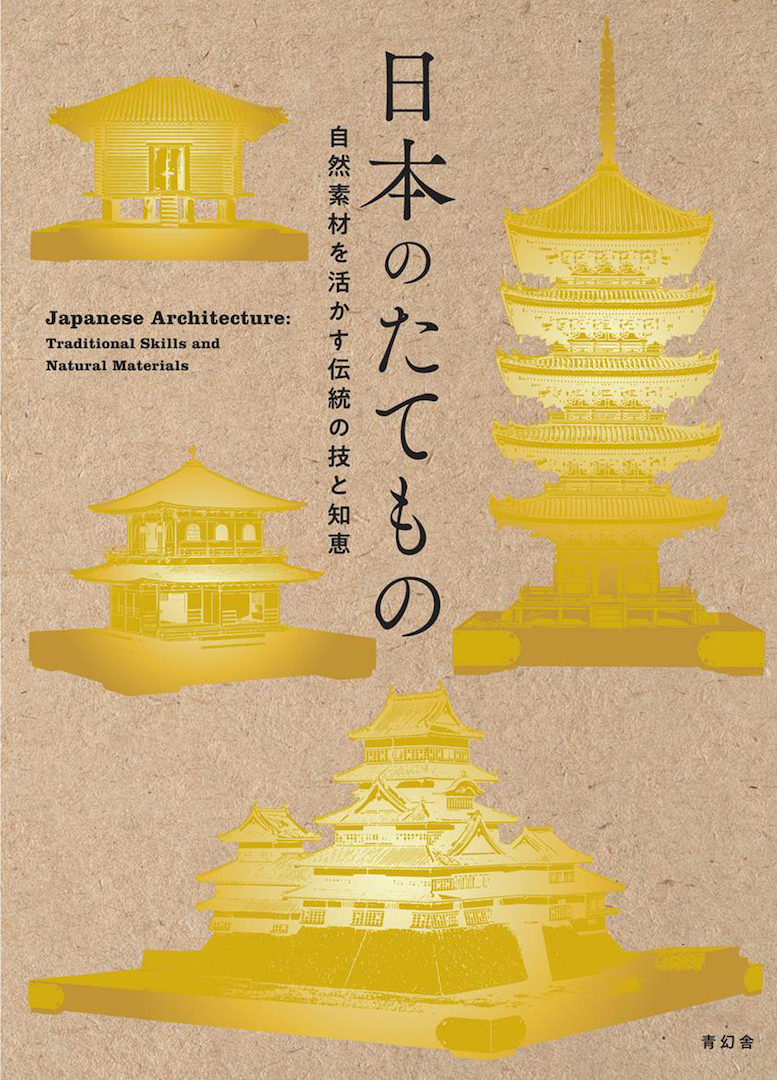
- Price:
- 2,800 yen (JPY)
- Edited by:
- Tokyo National Museum Hyokeikan
- Language(s):
- Japanese and English
- Size:
- 256 × 185 × 14 mm, 510 g
- Pages:
- 152
- Binding:
- softcover
- Release date:
- 20201221
- ISBN:
- 978-4-86152-821-7 C0052
The beauty of Japanese buildings as revealed through exquisite architectural models.
[design, crafts, architecture] Books in the category
New Books
NewPoul Kjærholm: Timeless Minimalism
New Books
Modern Times in Paris 1925: Art and Design in the Machine Age
Pola Museum of Art
New Books
Haibara Art and Design: Washi Paper and Japanese Aesthetic
New Books

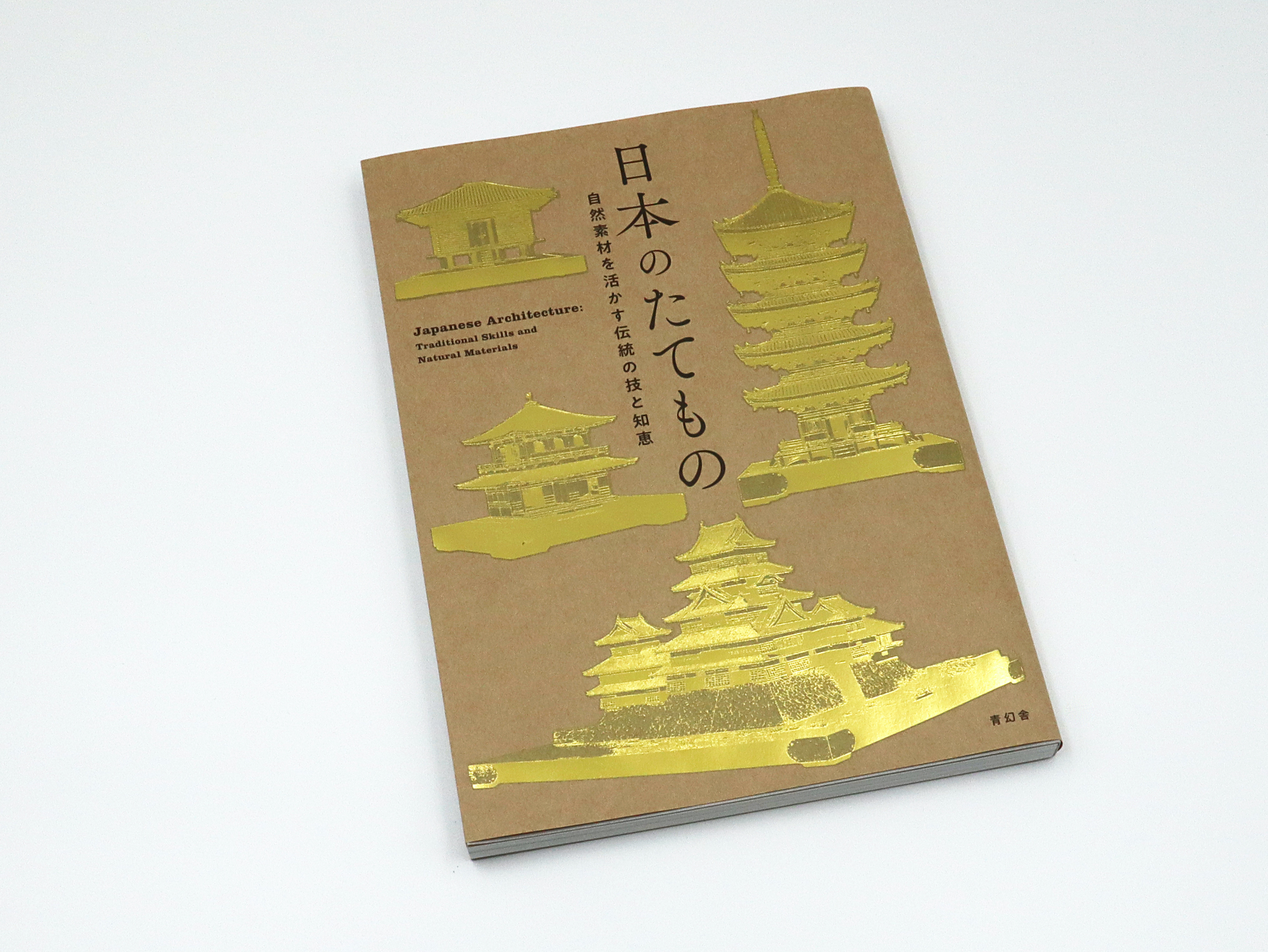
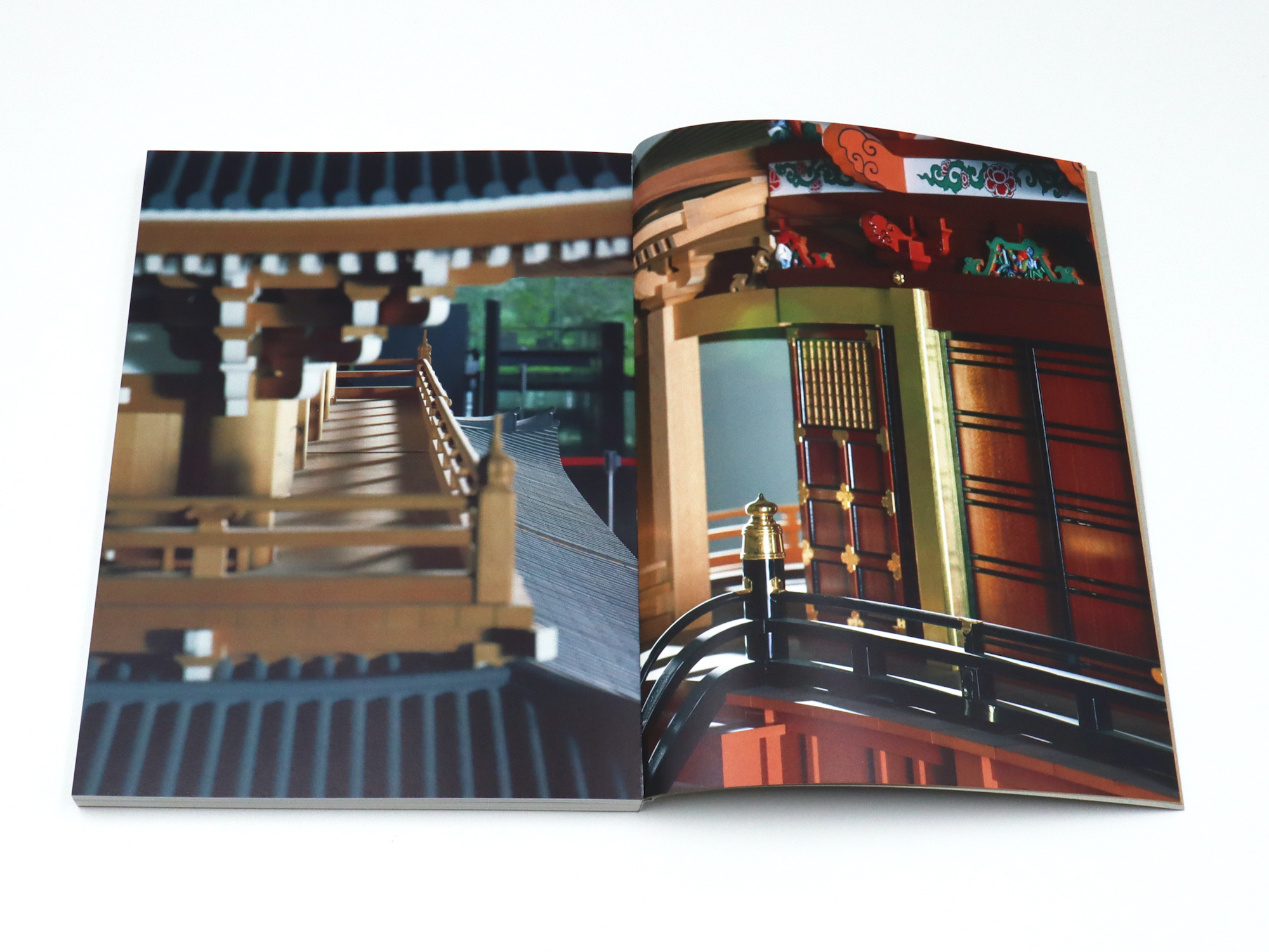


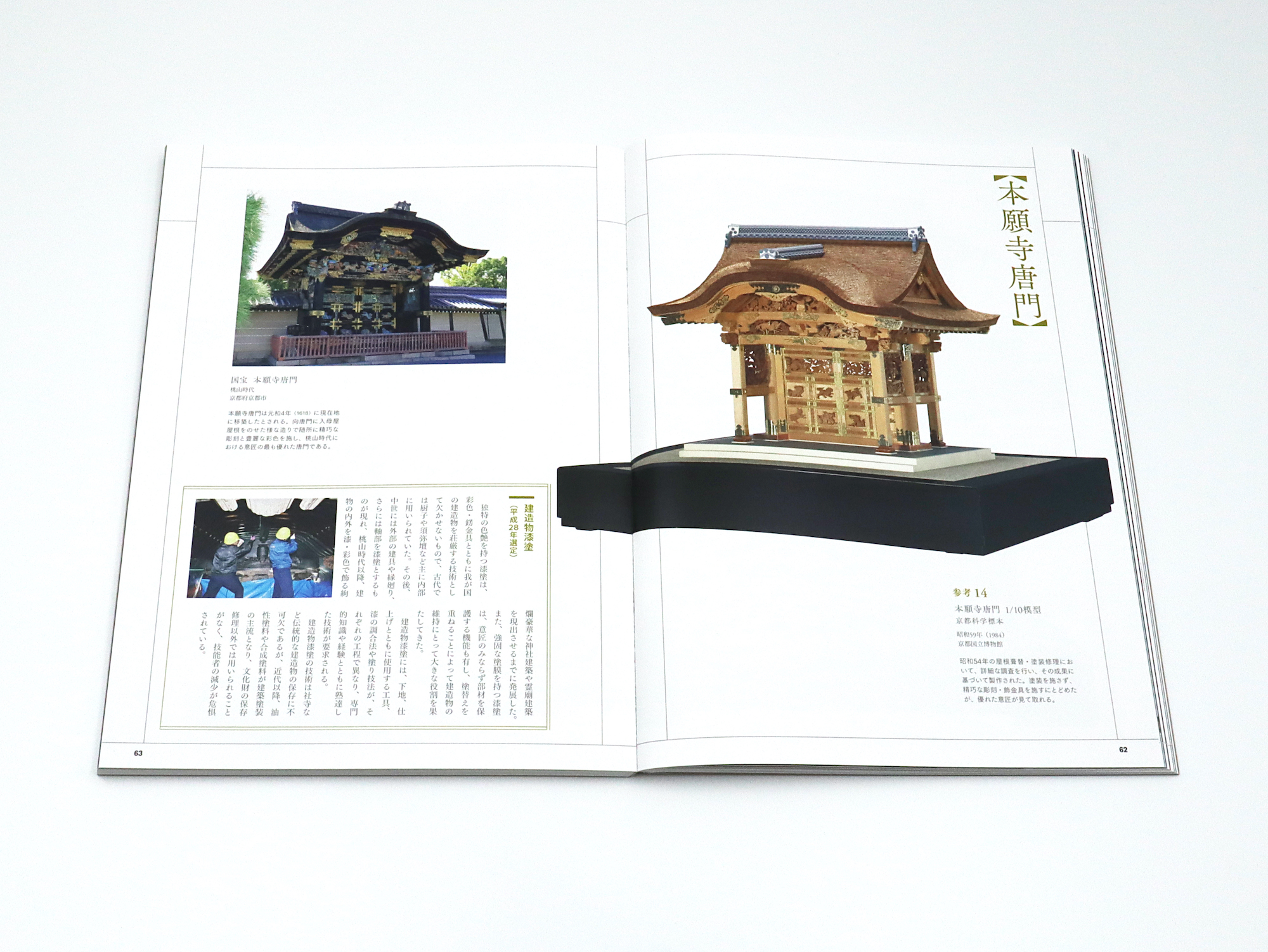
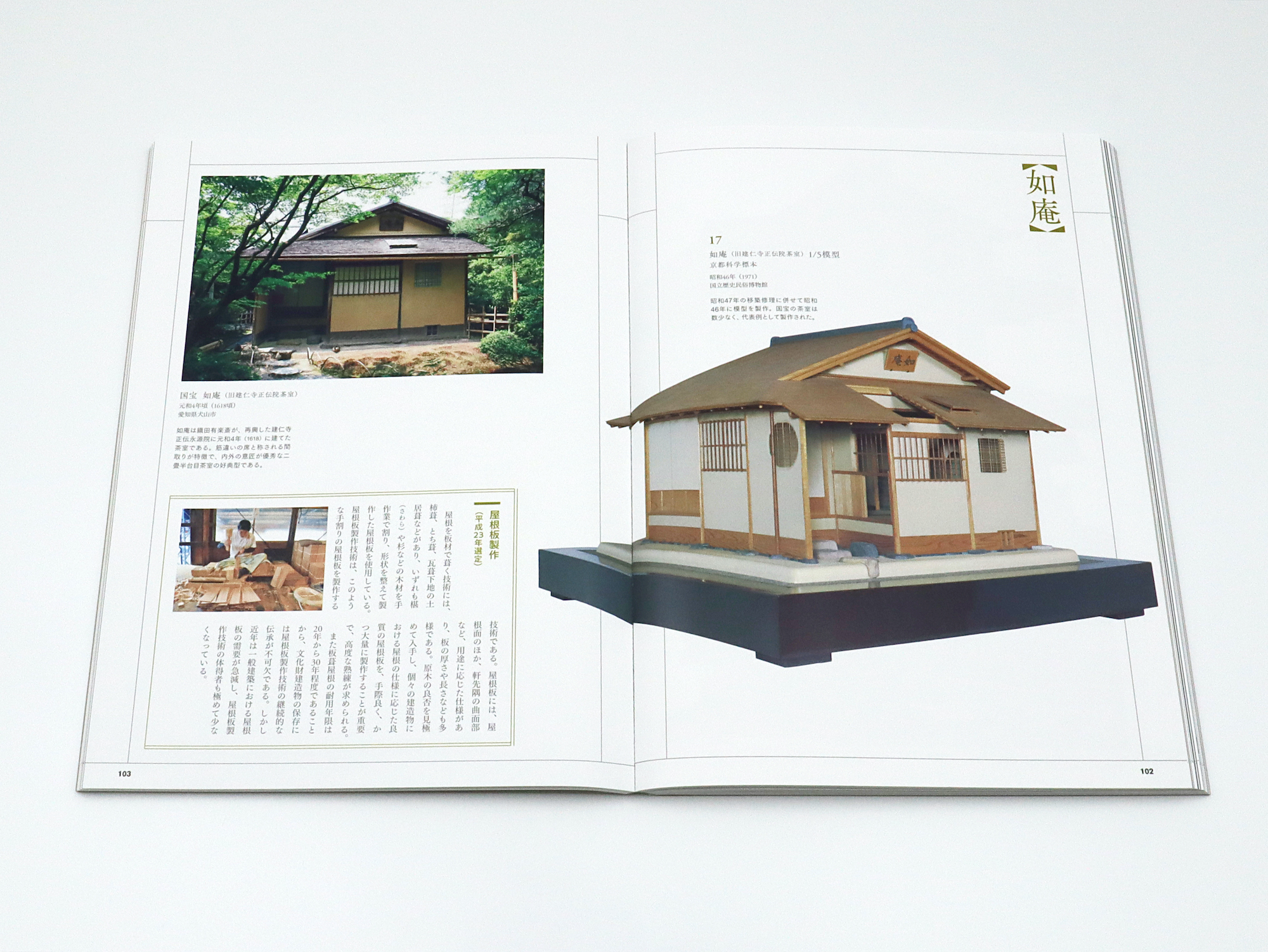
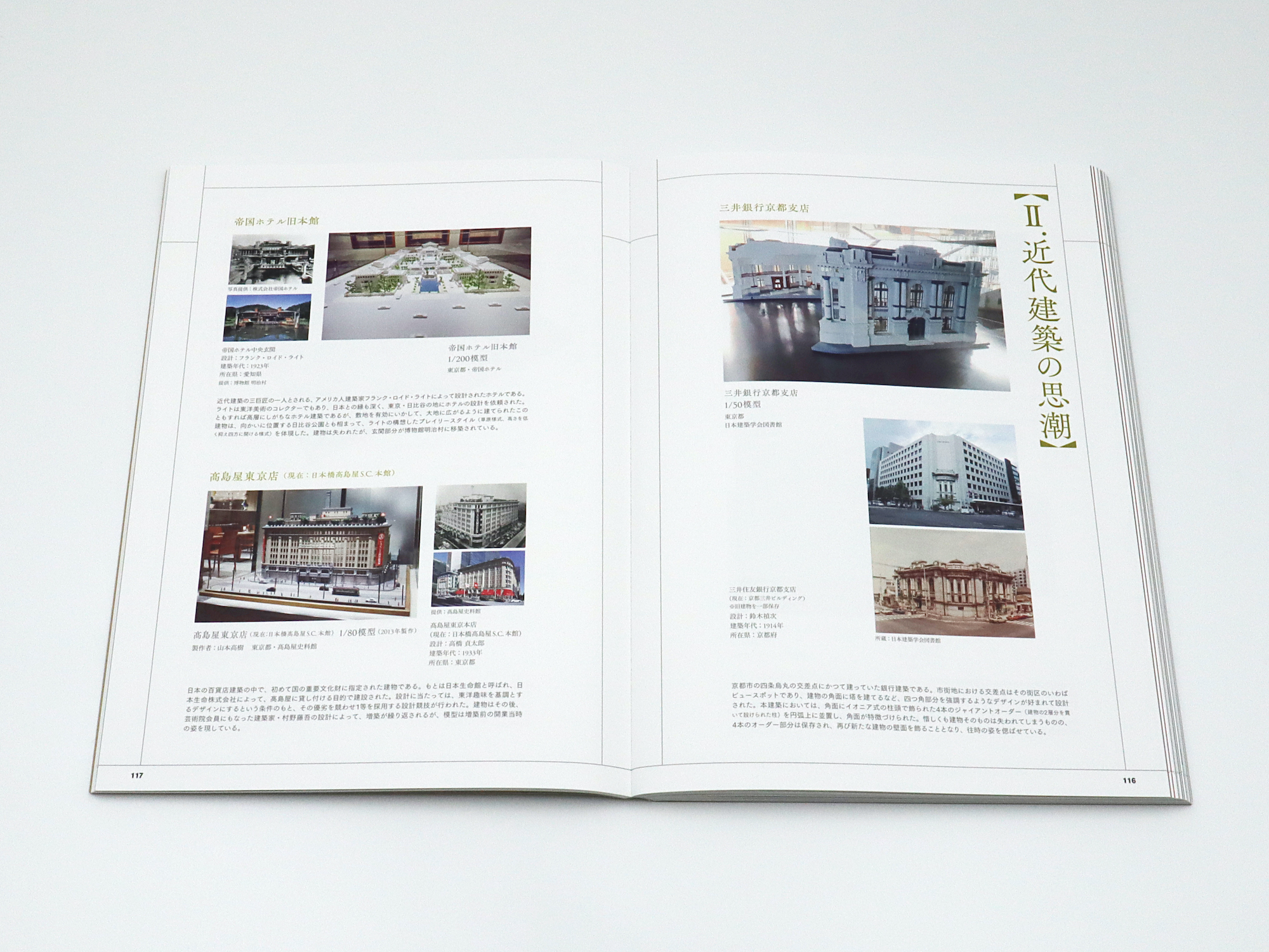
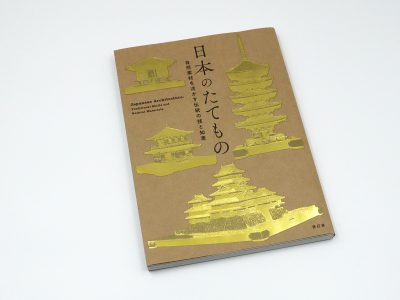
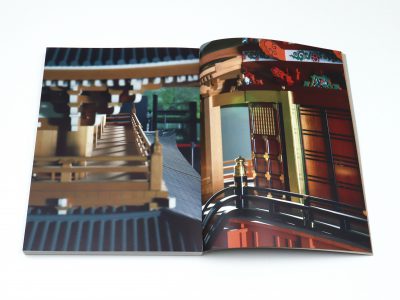
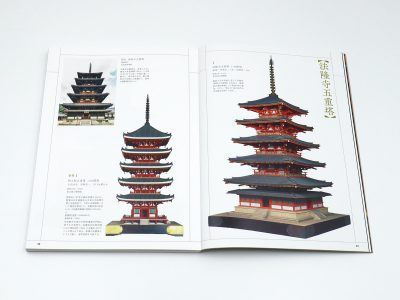
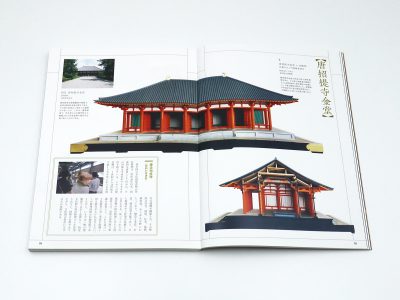
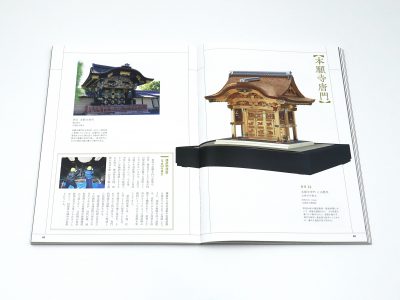
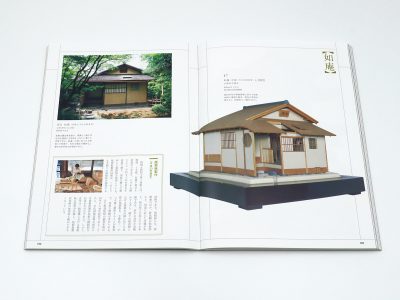
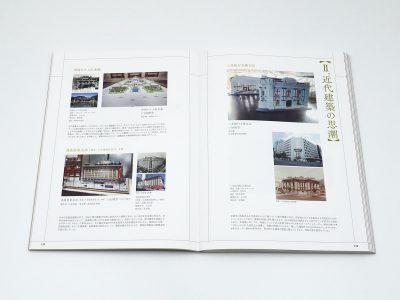



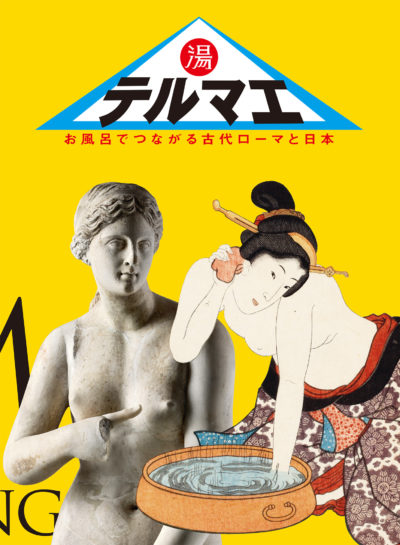
Traditional Japanese architecture is characterized by the working of natural materials such as wood, earth, and rock into remarkable structures. This precious cultural heritage has been preserved over the years in the form not only of the buildings themselves, but also of scale models created during repairs and other occasions. This book turns to those astoundingly precise models to give a historical overview of the artistry and craftsmanship handed down through the generations in buildings of wide-ranging styles and techniques, from the seventh-century five-storied pagoda at Horyuji temple in Nara to the 1933 Nihombashi Takashimaya department store in Tokyo. Also included is a chapter on architectural plans, tools, and other materials illustrating the “traditional skills, techniques and knowledge of the conservation and transmission of wooden architecture in Japan,” which was inscribed on the UNESCO Intangible Cultural Heritage list in 2020. The accompanying discussion details efforts to overcome today’s challenges in passing Japan’s architectural heritage on to the next generation, including attracting and training new artisans, furthering skills, and securing tools and raw materials.